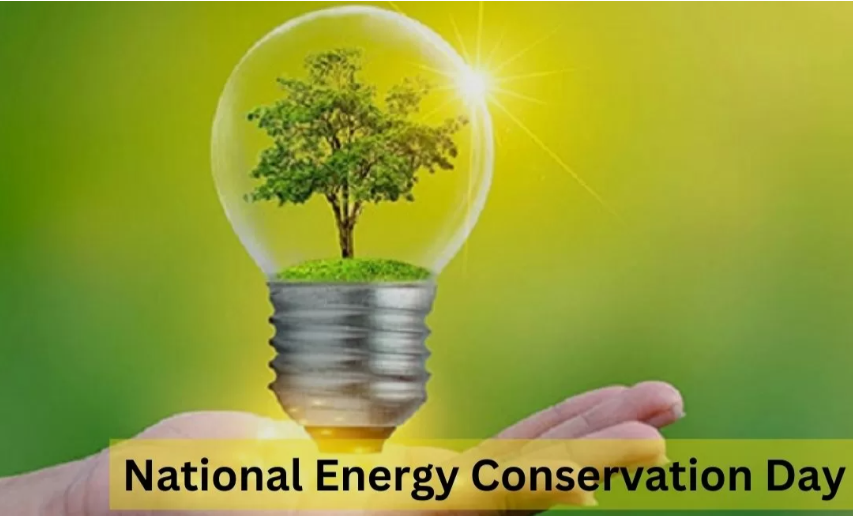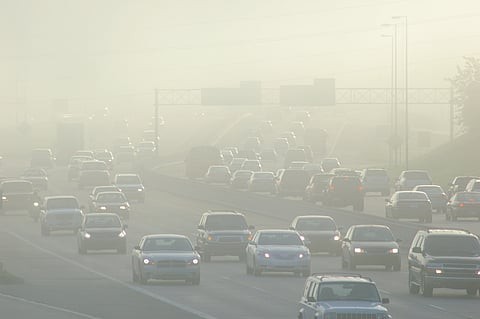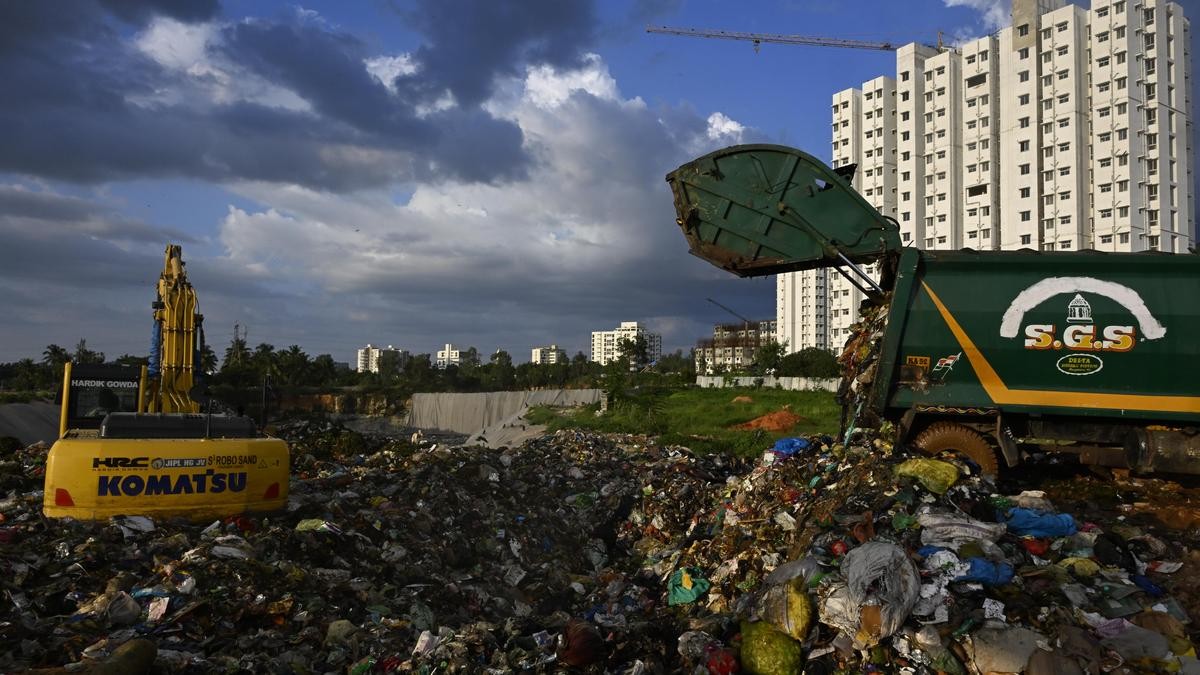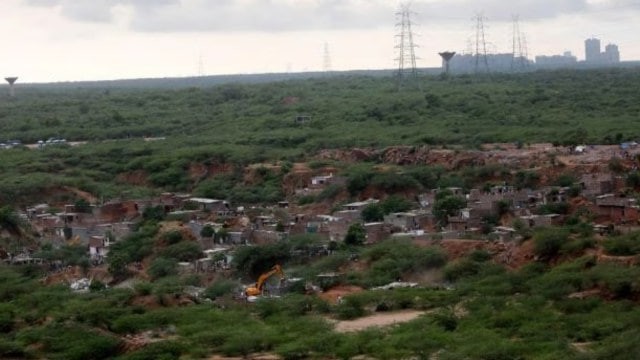Description
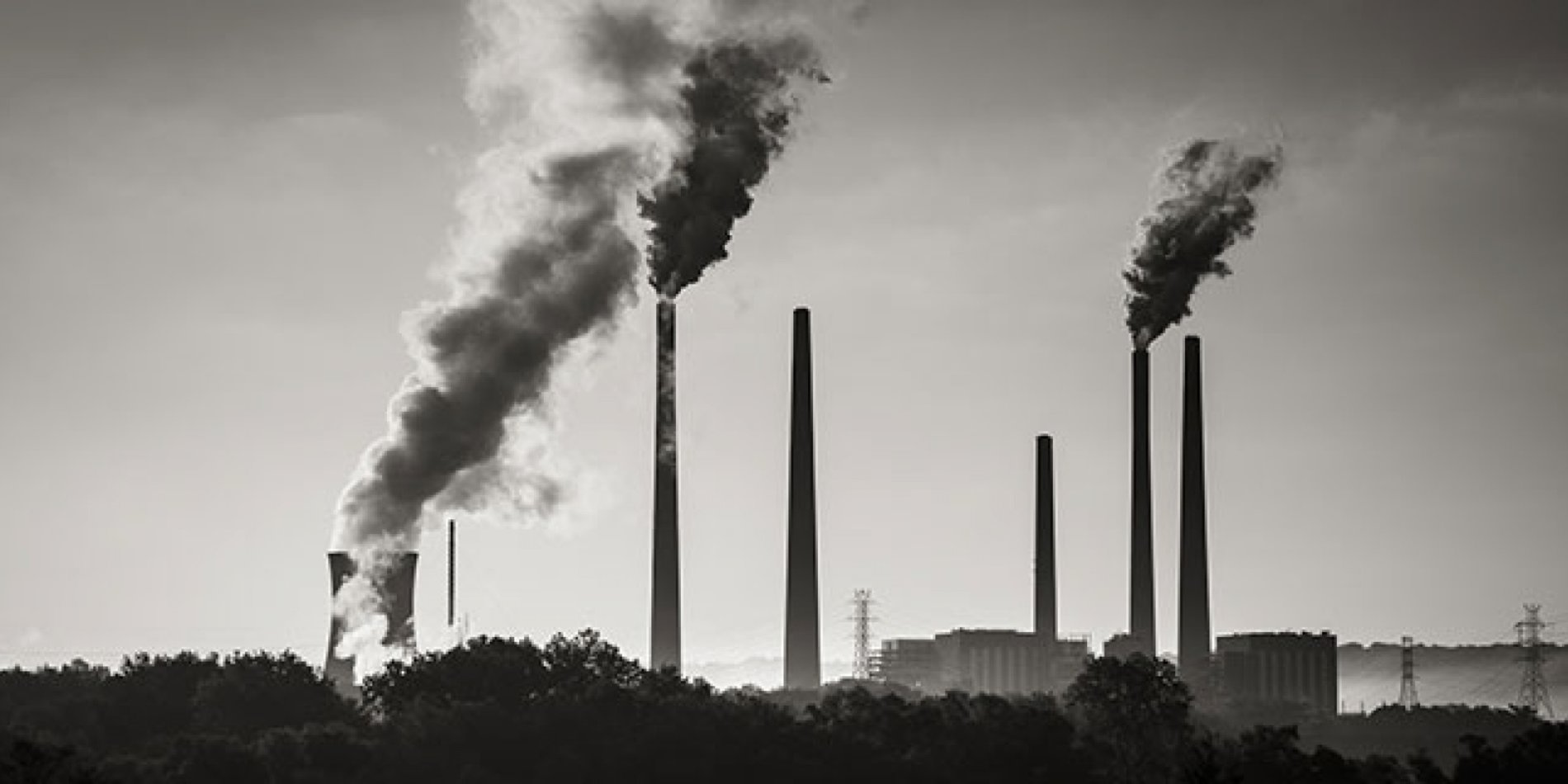
Disclaimer: Copyright infringement is not intended.
Context:
- According to a study, By 2050, the world will lose $38,000,000,000,000 to climate change, dragging down average income by 19%.
Economic damages from climate change as per the study:
- Income Reduction Due to Climate Change: A study predicts that by 2050, the world will face a 19% permanent average reduction in incomes due to climate change. This means people will have less money because of warming temperatures and other climate changes.
- Impact on Different Regions: Countries in South Asia and Africa will be hit the hardest, even though they contribute the least to greenhouse gas emissions. They may face up to 22% income reduction.
- Annual Economic Losses: The economic damages from climate change could reach $38 trillion annually by 2049, which is six times more than the cost of measures to prevent climate change.
- Impact on Different Countries: Poorer countries will suffer more, with income reductions 61% greater than richer countries. Countries with lower greenhouse gas emissions will also face bigger income cuts.
- Injustice in Climate Impacts: The study highlights the unfairness of climate change impacts, as poorer and less polluting countries bear the brunt of the damage caused by richer and more polluting nations.
- Cost of Mitigation vs. Damage: The cost of mitigating climate change is around $6 trillion, much less than the predicted damage costs. This shows that it's economically beneficial to take action to prevent climate change.
- Future Challenges: The study warns that climate models may be underestimating the true impact of climate change, especially in terms of temperature changes and extreme weather events, which could lead to even greater damage in the future.
Main Causes of climate change:
- Greenhouse Gas Emissions: Human activities like burning fossil fuels (coal, oil, and natural gas), deforestation, and industrial processes release greenhouse gases such as carbon dioxide (CO2), methane (CH4), and nitrous oxide (N2O) into the atmosphere. These gases trap heat, leading to global warming and climate change.
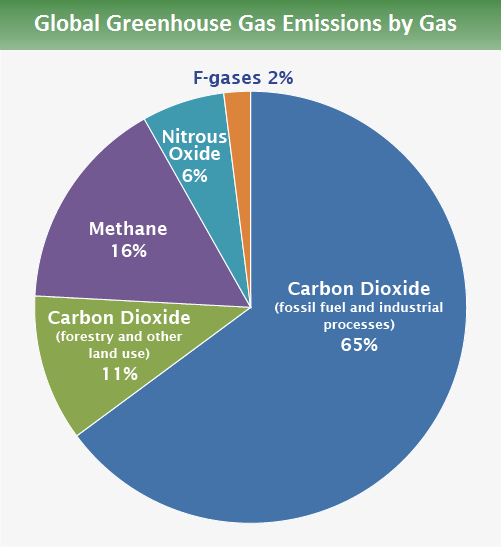
- Deforestation: Cutting down forests reduces the number of trees that can absorb CO2 from the atmosphere through photosynthesis. This results in higher levels of CO2 remaining in the air, contributing to the greenhouse effect and climate change.
- Industrialization: Industrial processes, including manufacturing, agriculture, and transportation, produce large amounts of greenhouse gases and other pollutants. These emissions alter the composition of the atmosphere, leading to changes in climate patterns and extreme weather events.
- Land Use Changes: Converting natural landscapes such as forests, grasslands, and wetlands into urban areas, agriculture, or other developments disrupts ecosystems and reduces their ability to absorb and store carbon. This loss of natural carbon sinks exacerbates climate change.
- Livestock Farming: Rearing livestock, particularly cattle, produces methane through enteric fermentation (digestive processes) and manure management. The methane emitted from these activities is a potent greenhouse gas, contributing to global warming and climate change.
Conclusion:
- Addressing climate change requires urgent and coordinated action at local, national, and global levels. Efforts to mitigate climate change should focus on reducing greenhouse gas emissions, transitioning to renewable energy sources, protecting and restoring natural ecosystems, promoting sustainable land use practices, and implementing policies that prioritize climate resilience and adaptation.
Source:
https://www.downtoearth.org.in/news/climate-change/by-2050-the-world-will-lose-38-000-000-000-000-to-climate-change-dragging-down-average-income-by-19--95683
|
PRACTICE QUESTION
Q) Discuss the economic implications of climate change and evaluate the effectiveness of current mitigation strategies. Suggest policy measures to address these challenges.(250 Words)
|








